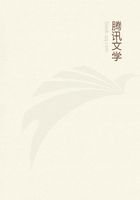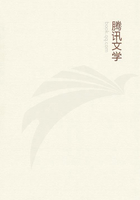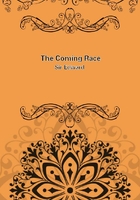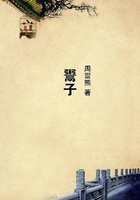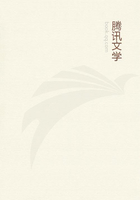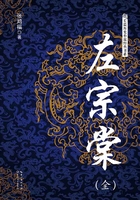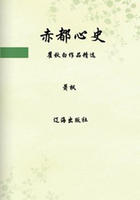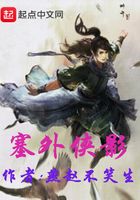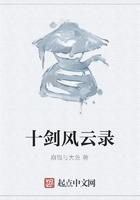There is an instructive class of cases in which the tree-spirit is represented simultaneously in vegetable form and in human form, which are set side by side as if for the express purpose of explaining each other. In these cases the human representative of the tree-spirit is sometimes a doll or puppet, sometimes a living person, but whether a puppet or a person, it is placed beside a tree or bough; so that together the person or puppet, and the tree or bough, form a sort of bilingual inscription, the one being, so to speak, a translation of the other. Here, therefore, there is no room left for doubt that the spirit of the tree is actually represented in human form. Thus in Bohemia, on the fourth Sunday in Lent, young people throw a puppet called Death into the water; then the girls go into the wood, cut down a young tree, and fasten to it a puppet dressed in white clothes to look like a woman; with this tree and puppet they go from house to house collecting gratuities and singing songs with the refrain:
We carry Death out of the village, We bring Summer into the village.
Here, as we shall see later on, the Summer is the spirit of vegetation returning or reviving in spring. In some parts of our own country children go about asking for pence with some small imitations of May-poles, and with a finely-dressed doll which they call the Lady of the May. In these cases the tree and the puppet are obviously regarded as equivalent.
At Thann, in Alsace, a girl called the Little May Rose, dressed in white, carries a small May-tree, which is gay with garlands and ribbons. Her companions collect gifts from door to door, singing a song:
Little May Rose turn round three times, Let us look at you round and round!
Rose of the May, come to the greenwood away, We will be merry all.
So we go from the May to the roses.
In the course of the song a wish is expressed that those who give nothing may lose their fowls by the marten, that their vine may bear no clusters, their tree no nuts, their field no corn; the produce of the year is supposed to depend on the gifts offered to these May singers. Here and in the cases mentioned above, where children go about with green boughs or garlands on May Day singing and collecting money, the meaning is that with the spirit of vegetation they bring plenty and good luck to the house, and they expect to be paid for the service. In Russian Lithuania, on the first of May, they used to set up a green tree before the village. Then the rustic swains chose the prettiest girl, crowned her, swathed her in birch branches and set her beside the May-tree, where they danced, sang, and shouted O May! O May! In Brie (Isle de France) a May-tree is erected in the midst of the village; its top is crowned with flowers; lower down it is twined with leaves and twigs, still lower with huge green branches. The girls dance round it, and at the same time a lad wrapt in leaves and called Father May is led about. In the small towns of the Franken Wald mountains in Northern Bavaria, on the second of May, a Walber tree is erected before a tavern, and a man dances round it, enveloped in straw from head to foot in such a way that the ears of corn unite above his head to form a crown. He is called the Walber, and used to be led in procession through the streets, which were adorned with sprigs of birch.
Amongst the Slavs of Carinthia, on St. George's Day (the twentythird of April), the young people deck with flowers and garlands a tree which has been felled on the eve of the festival. The tree is then carried in procession, accompanied with music and joyful acclamations, the chief figure in the procession being the Green George, a young fellow clad from head to foot in green birch branches. At the close of the ceremonies the Green George, that is an effigy of him, is thrown into the water. It is the aim of the lad who acts Green George to step out of his leafy envelope and substitute the effigy so adroitly that no one shall perceive the change. In many places, however, the lad himself who plays the part of Green George is ducked in a river or pond, with the express intention of thus ensuring rain to make the fields and meadows green in summer. In some places the cattle are crowned and driven from their stalls to the accompaniment of a song:
Green George we bring, Green George we accompany, May he feed our herds well.
If not, to the water with him.
Here we see that the same powers of making rain and fostering the cattle, which are ascribed to the tree-spirit regarded as incorporate in the tree, are also attributed to the tree-spirit represented by a living man.

